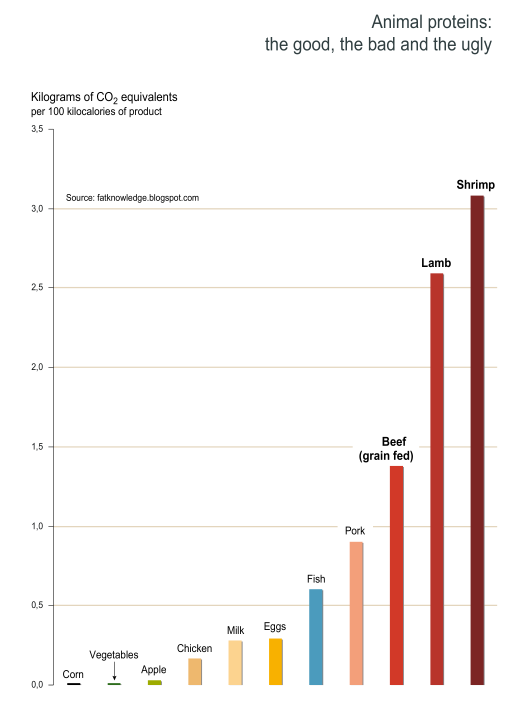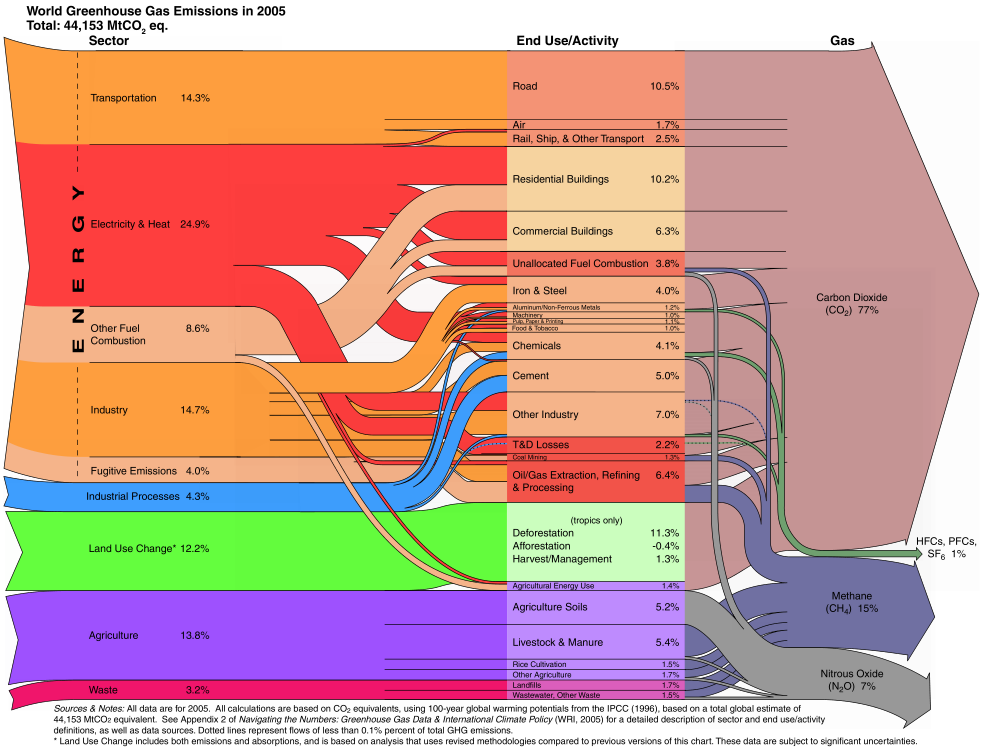Bad week for privacy rights. The two companies which are running toweringly large repositories of private information, Facebook and Google, both messed up in the same week.
First there is Google. CEO Eric Schmidt, for a man of his stature and competence, as well as the person in control of the database servers that store my email, he came much too close to saying, "If you're not doing anything wrong, you don't have anything to hide." His version of the unfortunate phrase was
If you have something that you don't want anyone to know, maybe you shouldn't be doing it in the first place. (via Boingboing)
And then there is Facebook. With the introduction of their new privacy system, Facebook has published tons of private information about their users.
Facebook has revealed the name, profile picture, current city, gender, networks, and the fan pages of everyone, including the information of those who had elected to keep these private.
I will not mince words. If this move, the revealing of information previously entrusted to be private, is not currently illegal under American law, it should be made so.
Snappletronics has a
good collection of links discussing the issue, as well as suggestions on where to join protests that are currently being organized against Facebook.
Bruce Schneier has written an excellent piece on
why privacy matters. In short, privacy protects us from abuses by those in power.
Privacy is absolutely essential for the members of the opposition party. If the government can spy on them, game over. Your democracy is dead; no challenger will ever win an election again. This is why Nixon had to be impeached. His actions were not as overt as a declaration of dictatorship, but the outcome of his spying activities, if left unchecked, would have been similar.
Privacy for journalists is also non-negotiable. Without journalists to hound the government and expose its troubles, your vote is blind. Your democracy might as well be based on tossing coins rather than votes. The press is, after all, the Fourth Estate. How many anonymous whistleblowers would there be if the journalists' phones were tapped?
Privacy for journalism students is also important. After all, any dirt gathered on them today can be used to intimidate them later in life, when they are threatening those in positions of power. And the same vein, law students must be protected, since they are likely to enter politics sometime during their career.
Similarly, political bloggers and activists will also be the targets of harassment. Their voice can be heard, and if it challenges the government, it may need to be silenced. Indeed, spying for the purpose of censorship might become the norm in the United States. Protesters now find police resistance immediately as they begin to assemble at the location of their rally. The police seem to know where to go. And they know because the phone lines were tapped.
One F.B.I. document indicates that agents in Indianapolis planned to conduct surveillance as part of a "Vegan Community Project." Another document talks of the Catholic Workers group's "semi-communistic ideology." A third indicates the bureau's interest in Determining the location of a protest over llama fur planned by People for the Ethical Treatment of Animals.
Put yourself in the shoes of a politician. He has a pretty good gig. It pays well, it has great benefits. He enjoys the exhilaration of power and the occasional bribe. The only downside -- it's nerve-racking, really -- every four years he runs the risk of losing his job because someone is smearing his name in public. The best strategy is to start early and gather as much information as possible on the opposition. If no law stops him, he might as well tap the phone lines of would-be-bloggers and anyone likely to become an activist in the future. The information might come handy.
In short, anyone with a bone to grind against the government is in danger. And that's pretty much everyone.

